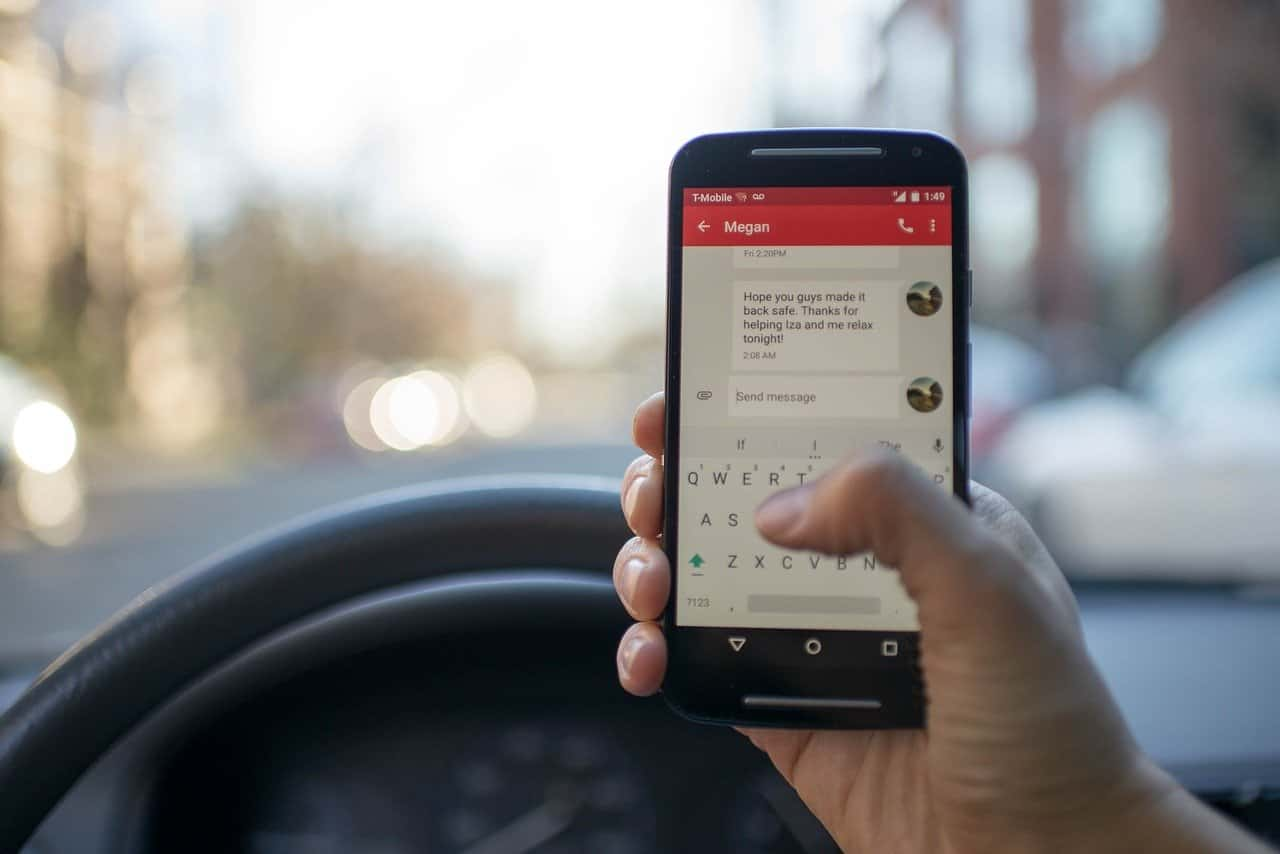
INDIANAPOLIS – The bill to make you put down your phone while driving is headed to the House floor, with a vote possible next week.
A ban on cell phones while driving was first proposed in Indiana 12 years ago. It’s never gone anywhere, though the state did eventually ban texting while driving. Today, the debate isn’t just over talking or texting, but Snapchat, Facebook and other apps. Governor Holcomb’s made a hands-free device law a priority, and a
House committee unanimously endorsed the hands-free bill on Wednesday.
The vote followed nearly two hours of testimony, much of it from Hoosiers who have had loved ones killed by distracted drivers, or been seriously injured themselves. Tina Smith of Indianapolis and her husband Loren were among Holcomb’s guests for last week’s State of the State address — they both lost a leg last year when a driver who glanced at her phone crossed two lanes of traffic and hit them on the roadside as they were examining a problem with their motorcycles.

Several witnesses, including State Police Superintendent Doug Carter, note drivers always insist they only looked at their phone for a second. But Carter says a car can cover a lot of ground in that second. And Kira Hudson, whose look at her own phone left her in a wheelchair, says you can look at just about any driver with a phone in his hand and count off anywhere from three to nine seconds in which they’re not watching the road. She says it’s often obvious from their driving — 20 years ago, she says, you’d see those drivers’ swerve and assume they were drunk.
Amber Brown, whose brother was killed by a distracted driver, says drunken-driving laws are an appropriate analogy. She notes no one suggests the danger those drivers pose is just a byproduct of their right to drink.
Carter acknowledges even he’s sneaked a peek at his messages while driving. But he says it’s dangerous, for him or anyone else. He says Indiana’s law requiring seat belt use, and the public-service campaigns which have promoted it, have produced 94-percent seat belt use, and says a law against holding your phone could have a similar effect. Westfield Mayor Andy Cook, whose grandson was killed in a distracted-driving crash in Michigan in 2018, says a hands-free law should be an easier call than the long stalemate over seat belts, because hands-free technology already exists, and more and more newer cars come already equipped with it.
The Indiana Criminal Justice Institute says distracted driving killed five Hoosiers last year and caused seven-million dollars in property damage. The institute says both estimates are probably conservative, for the same reason the current texting ban is unworkable: it’s hard to establish what someone was doing with his phone, and drivers are often reluctant to admit it after a crash.


